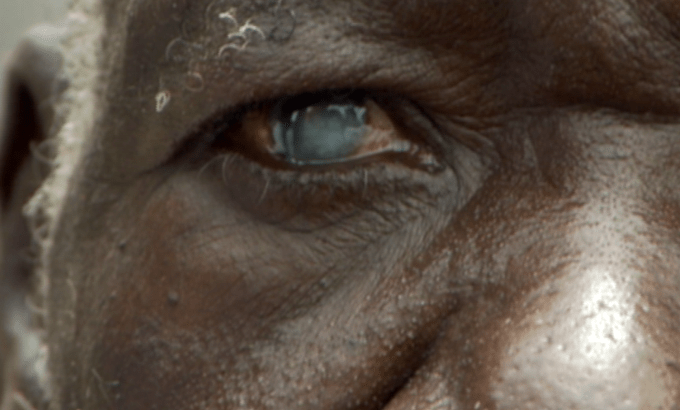
Turning the tide on river blindness
How communities are being engaged to help treat the parasitic illness that can lead to permanent loss of vision.
Doctors in Uganda are using innovative methods of medicine distribution to treat river blindness – by training members of clans and communities to spread the word.
River blindness, or onchocerciasis, is a parasitic illness that causes itching, eye disease and can lead to permanent blindness and affects over 18 million people worldwide.
Keep reading
list of 4 itemsSouth Africa’s Ramaphosa signs health bill weeks before election
Gaza lost much more than a hospital when it lost al-Shifa
With measles on the rise, rebuilding trust in vaccines is a must
It is transferred to humans by a small black fly that breed in fast flowing rivers that are well oxygenated.
River blindness is a disease of the poor. Where the road ended is where you began seeing river blindness cases.
The main culprit is the female fly, which looks for blood for the development of her eggs. So when it bites a person who has the disease, it can then go on to pass on the infection by biting another person who may not have the disease.
Dr Moses Katabarwa, a senior epidemiologist at the Carter Center, says that the real challenge was getting the breakthrough drug Mectizan, which can treat the disease with just one dose a year, to these communities.
“River blindness is a disease of the poor,” he said. “Where the road ended is where you began seeing river blindness cases. The areas where you find these people are actually fertile, well-watered, fast running clean water, not polluted.”
Katabarwa proposed a solution – start training these communities and request them to select their own distributors.
However, Katabarwa faced opposition from the Ugandan Ministry of Health, which argued that it was dangerous to make Mectizan accessible to civilians.
So the World Health Organisation (WHO) was called in to test this system. Final results showed that clans or extended families were able to treat 100 percent of their members in just two days.
Foot soldiers across Africa and South America, with help from Merck, the company behind Mectizan, and its partners, have distributed one billion treatments of Mectizan and are turning the tide on river blindness.
Lifelines: The Quest for Global Health will air on Al Jazeera in 2014.